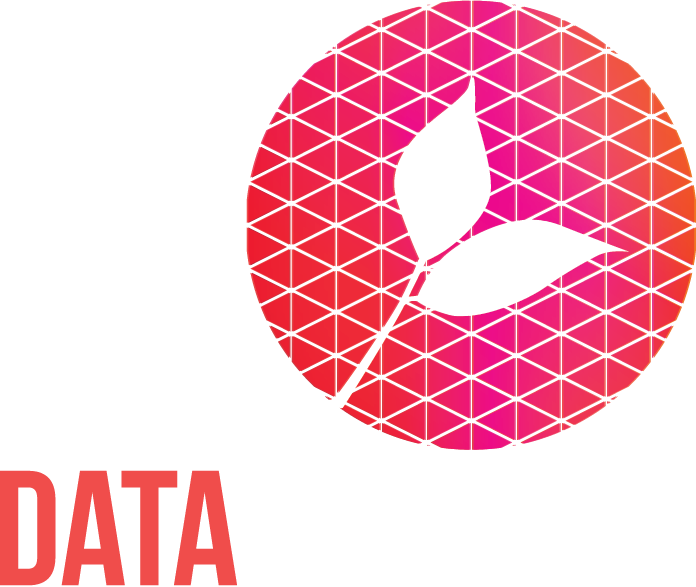Prostate Cancer UK: a journey to data maturity
Data maturity case study
Prostate Cancer UK wants a future where lives are not limited by prostate cancer. It unites the brightest minds in science and healthcare and the most passionate and caring people to help men live long and live well. It invests millions of pounds every year to find better treatments and better tests to spot fast-growing cancers early to save thousands of lives.
Clare Shanklyn joined Prostate Cancer UK in June 2021 in a newly created role for the organisation – Data Strategy Lead.
Chiefly tasked with creating the organisation’s first data strategy, Clare immediately recognised the need to quickly gain a solid understanding of where the organisation was with its use of data. So, one of the first things she did was speak to Data Orchard about doing an Organisational Data Maturity Assessment for the whole organisation:
“In a previous charity, I used the free version [of the Data Maturity Assessment] and I got a group of people together to do it. There were lots of benefits to doing that, but because [at Prostate Cancer UK] we were at such an important point in our data strategy work, I felt that the Organisational version would have the maximum impact within the organisation, gain more engagement, and also give us more data. And, as a data person, I always want more data!”
Aims
The aims for the data maturity assessment were:
To understand where the organisation is now to help build the strategy and road map to improvement
To give a starting point for discussions and to engage the organisation in the data strategy
To introduce and demonstrate the importance of data being everyone’s responsibility across the organisation
To give a baseline to measure improvements and the impact of data strategy work
Customising questions
Part of the Organisational Data Maturity Assessment includes the ability to add customised questions to the assessment. With a focus on how they were using data for decision-making, Prostate Cancer UK chose to add the following custom questions:
Thinking about activity (a) across our organisation as a whole and (b) within your team, to what extent do you agree or disagree Prostate Cancer UK uses data as a central part of its decision-making?
What are the three words that spring to mind when you think about data?
Gaining buy-in
Crucial to the success of the assessment was gaining buy-in from both the leadership team and the staff across the whole organisation. Clare presented to the leadership team to introduce the concept of the data maturity assessment, and to gain support for her view that they should invite all staff members to complete the assessment.
With leadership support gained, the assessment was launched at an all staff meeting and, with help from the internal communications team, Clare maintained awareness throughout the assessment, via internal blogs and reminders, to gain input from as many parts of the organisation as possible:
“As part of the Organisational assessment, I had a weekly report on which teams and departments were filling it in. Being able to make sure we had a good spread of respondents was really useful.”
Persistence pays off
As a result of this persistent approach to making sure people engaged, in all, an impressive 57% of staff completed the assessment. This gave a solid body of data for the data maturity assessment results.
“At a high level, we now have a good sense of where we are and where we need to get to. The custom questions have given us some real insights into the variance between teams and individuals, and where support is needed. And, on a personal level, although I was brand new to the organisation, due to the process we went through, everyone now knows who I am and what my role is!” says Clare.
Next steps
Now, along with stakeholder interviews and analysis of the wider business goals, Clare is using the learnings from their Data Maturity Assessment to identify data strategy goals and priority data projects for the organisation. Specifically, she plans to:
Present analysis to the leadership team and identify key areas for improvement
Identify a road map of priority projects for the next 6-9 months
Agree and resource a prioritised list of projects
Plan a data strategy for the longer-term approach to cover all themes
“The assessment has been really useful to gain an understanding of the organisation’s view on data and what would make things better for people. But another thing that’s been really important, has been its role as a communications tool. Now that I have this data set, it’s a really useful conversation starter” says Clare.
Highlights
Tool used: Organisational Data Maturity Assessment Tool
Outcomes:
Information to input into data strategy
Ability to prioritise a list of key projects
Gained awareness of data maturity in the leadership team and across the organisation
Future plans:
Produce a data strategy
Agree and resource a priority list of data improvement projects
Rerun their data maturity assessment in 12 months

